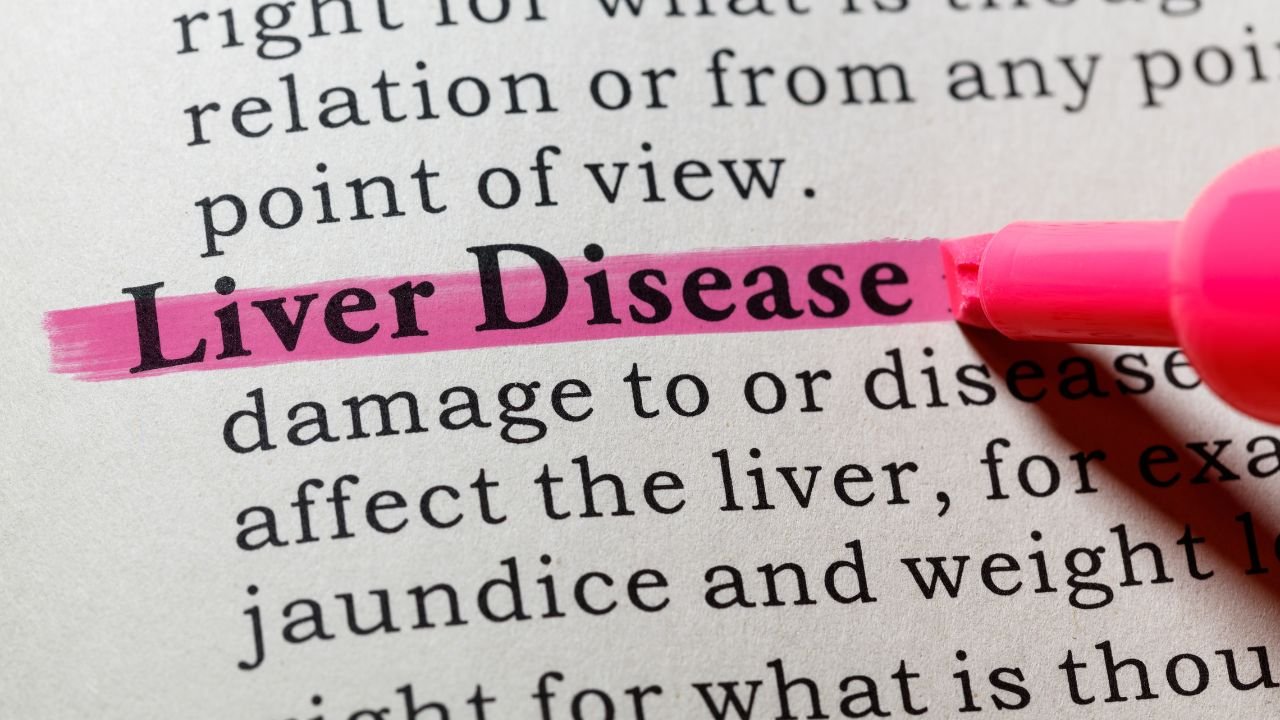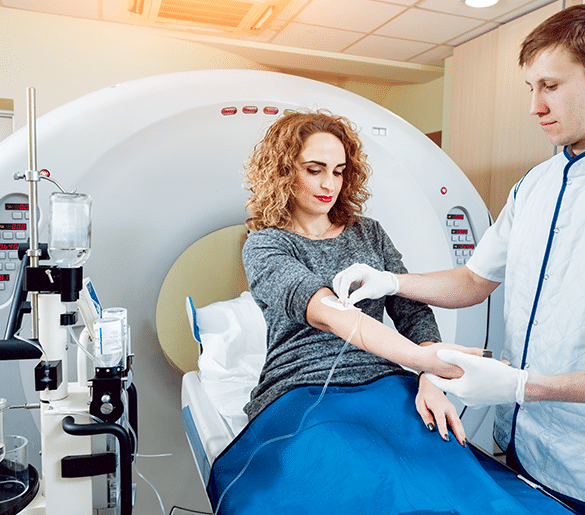The liver plays a vital role in our overall health, acting as the body’s natural filter, processing nutrients, and detoxifying harmful substances. When the liver becomes damaged, it can lead to a variety of health complications, including liver diseases that range from mild conditions to life-threatening illnesses. Understanding liver diseases and taking proactive steps for prevention and care is crucial for maintaining a healthy liver.
In this blog, we will explore different types of liver diseases, their causes, and how you can prevent them through lifestyle choices. We’ll also emphasize the importance of hydration and provide practical tips on keeping your liver healthy. For more comprehensive guidance on liver health, check out this useful resource: How to Keep Your Liver Healthy.
Common Types of Liver Diseases
Liver diseases refer to any condition that affects the function or structure of the liver. While some liver diseases are temporary and can be treated effectively, others may become chronic and require long-term management. Here are some of the most common liver diseases:
1. Non-Alcoholic Fatty Liver Disease (NAFLD)
NAFLD is one of the most common liver diseases, affecting millions of people worldwide. It occurs when excess fat builds up in the liver, unrelated to alcohol consumption. This condition is often linked to obesity, insulin resistance, and metabolic syndrome.
Symptoms: Many people with NAFLD do not experience noticeable symptoms, but in more severe cases, fatigue, weakness, and abdominal pain may occur.
Complications: If left untreated, NAFLD can progress to non-alcoholic steatohepatitis (NASH), which involves inflammation and liver damage. NASH can further lead to liver cirrhosis or liver cancer.
2. Alcoholic Liver Disease
Alcoholic liver disease develops as a result of excessive alcohol consumption over time. Alcohol damages liver cells, leading to fat accumulation, inflammation, and eventually scarring of the liver (cirrhosis).
Symptoms: Symptoms may include jaundice (yellowing of the skin and eyes), fatigue, and abdominal swelling.
Complications: Alcoholic liver disease can progress from fatty liver to alcoholic hepatitis, and ultimately cirrhosis, where scar tissue permanently replaces healthy liver tissue, leading to liver failure.
3. Hepatitis
Hepatitis refers to inflammation of the liver, often caused by viral infections. The most common types are hepatitis A, B, and C. Each type is caused by different viruses, and transmission occurs through contaminated food, water, or bodily fluids.
Symptoms: Hepatitis can cause fatigue, jaundice, dark urine, nausea, and abdominal pain.
Complications: Chronic hepatitis B and C can lead to serious liver damage, including cirrhosis and liver cancer, if not treated properly.
4. Cirrhosis
Cirrhosis is a condition where healthy liver tissue is replaced by scar tissue due to long-term liver damage. It is often the end result of chronic liver diseases, such as NAFLD, alcoholic liver disease, or hepatitis.
Symptoms: Symptoms include jaundice, fluid retention, easy bruising, and confusion.
Complications: Cirrhosis increases the risk of liver cancer and liver failure, both of which can be life-threatening.
5. Liver Cancer
Liver cancer is a severe condition that typically develops after chronic liver diseases like cirrhosis or hepatitis. Early detection is essential for improving outcomes, as liver cancer can spread quickly.
Symptoms: Symptoms of liver cancer may include unexplained weight loss, loss of appetite, abdominal pain, and jaundice.
Complications: Liver cancer can rapidly progress and may require treatments such as surgery, chemotherapy, or liver transplantation.
Risk Factors for Liver Diseases
Understanding the risk factors for liver diseases can help you take proactive measures to prevent them. Some of the most common risk factors include:
- Excessive Alcohol Consumption: Drinking too much alcohol over time can lead to alcoholic liver disease, cirrhosis, and liver cancer.
- Obesity: Being overweight or obese increases the risk of non-alcoholic fatty liver disease, which can progress to liver damage if not managed.
- Viral Infections: Hepatitis B and C infections can lead to chronic liver disease and liver cancer. These infections are preventable with vaccines and can be managed with proper treatment.
- Poor Diet: A diet high in sugar, unhealthy fats, and processed foods can contribute to fat buildup in the liver and increase the risk of NAFLD.
- Toxin Exposure: Prolonged exposure to environmental toxins, such as industrial chemicals or unsafe drugs, can damage liver cells.
- Family History: Some liver diseases, like hemochromatosis or Wilson’s disease, have a genetic component, increasing the risk for those with a family history of liver conditions.
Preventing Liver Diseases
While some liver diseases are genetic or unavoidable, many can be prevented by making healthy lifestyle choices. Here are key prevention strategies to protect your liver:
1. Maintain a Healthy Weight
Being overweight or obese is a major risk factor for non-alcoholic fatty liver disease. Maintaining a healthy weight through a balanced diet and regular exercise can significantly reduce the risk of developing liver disease.
How to Maintain a Healthy Weight:
- Follow a diet rich in fruits, vegetables, whole grains, and lean proteins.
- Avoid processed foods and sugary beverages that can contribute to fat accumulation in the liver.
- Incorporate at least 30 minutes of physical activity into your daily routine, such as walking, swimming, or cycling.
2. Limit Alcohol Consumption
Excessive alcohol consumption is one of the leading causes of liver damage. Reducing or eliminating alcohol from your diet is crucial for preventing alcoholic liver disease and cirrhosis.
How to Limit Alcohol:
- Stick to moderate drinking guidelines: no more than one drink per day for women and two drinks per day for men.
- Take regular breaks from alcohol to give your liver time to recover.
- Seek professional help if you struggle with alcohol dependence.
3. Stay Hydrated
Hydration plays a key role in maintaining liver health. Drinking plenty of water helps flush toxins from the liver and supports overall liver function. Dehydration can stress the liver, reducing its ability to perform essential tasks like detoxifying the body.
Tips for Staying Hydrated:
- Drink at least 8 glasses of water per day, and more if you are physically active or live in a hot climate.
- Eat water-rich foods, such as cucumbers, watermelon, and citrus fruits, to boost your hydration levels.
- Limit caffeine and alcohol, as both can dehydrate the body.
4. Follow a Balanced Diet
Your diet plays a significant role in liver health. Eating a diet high in antioxidants, fiber, and healthy fats helps protect the liver from damage and promotes its ability to detoxify the body.
Foods to Include for Liver Health:
- Leafy greens: Spinach, kale, and other greens contain antioxidants that help detoxify the liver.
- Cruciferous vegetables: Broccoli and Brussels sprouts are rich in compounds that support liver function.
- Fatty fish: Salmon, mackerel, and sardines provide omega-3 fatty acids that reduce liver inflammation.
- Nuts and seeds: Walnuts and flaxseeds offer healthy fats that support liver health.
5. Get Vaccinated
Vaccines are available for hepatitis A and B, two viral infections that can cause liver disease. Getting vaccinated reduces the risk of contracting these viruses and prevents chronic liver damage.
How to Get Vaccinated:
- Speak with your healthcare provider about getting vaccinated if you have not already received the hepatitis A and B vaccines.
- Avoid sharing needles or engaging in risky behaviors that increase the likelihood of contracting hepatitis.
6. Avoid Toxins
Exposure to environmental toxins can damage liver cells and lead to liver diseases. Limiting exposure to chemicals, pollutants, and harmful drugs helps protect your liver.
How to Avoid Toxins:
- Use natural or non-toxic cleaning products whenever possible.
- Avoid smoking and limit exposure to secondhand smoke, which can harm the liver.
- Take medications only as prescribed and avoid overuse of acetaminophen, which can cause liver damage when taken in large amounts.
7. Exercise Regularly
Exercise not only helps with weight management but also reduces fat buildup in the liver. Regular physical activity promotes healthy blood flow, reduces inflammation, and improves liver function.
Exercise Tips for Liver Health:
- Aim for at least 150 minutes of moderate-intensity exercise per week.
- Engage in activities that you enjoy, such as swimming, dancing, or hiking, to stay motivated.
- Strength training exercises can also help reduce fat accumulation and improve metabolism.
Long-Term Liver Care
Taking steps to prevent liver diseases is an ongoing process. By maintaining a healthy lifestyle and staying aware of your liver health, you can protect your liver from damage and promote long-term well-being. Regular checkups with your healthcare provider can also help detect any early signs of liver disease and ensure timely treatment.
If you have been diagnosed with a liver condition, following your doctor’s advice, sticking to a healthy diet, staying hydrated, and avoiding harmful substances will support your liver’s healing process.
Conclusion
Liver diseases can have serious consequences, but many are preventable with the right lifestyle choices. By maintaining a healthy weight, limiting alcohol consumption, staying hydrated, eating a balanced diet, and getting vaccinated, you can significantly reduce your risk of liver disease. Understanding liver health and taking proactive steps can ensure that your liver functions optimally for years to come.



